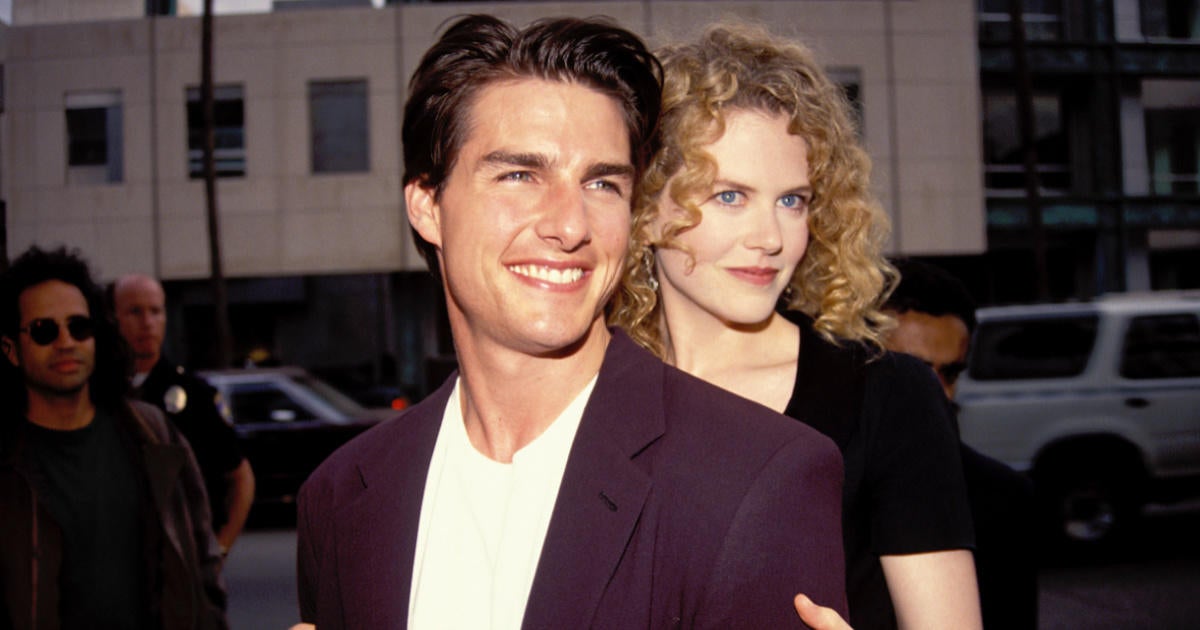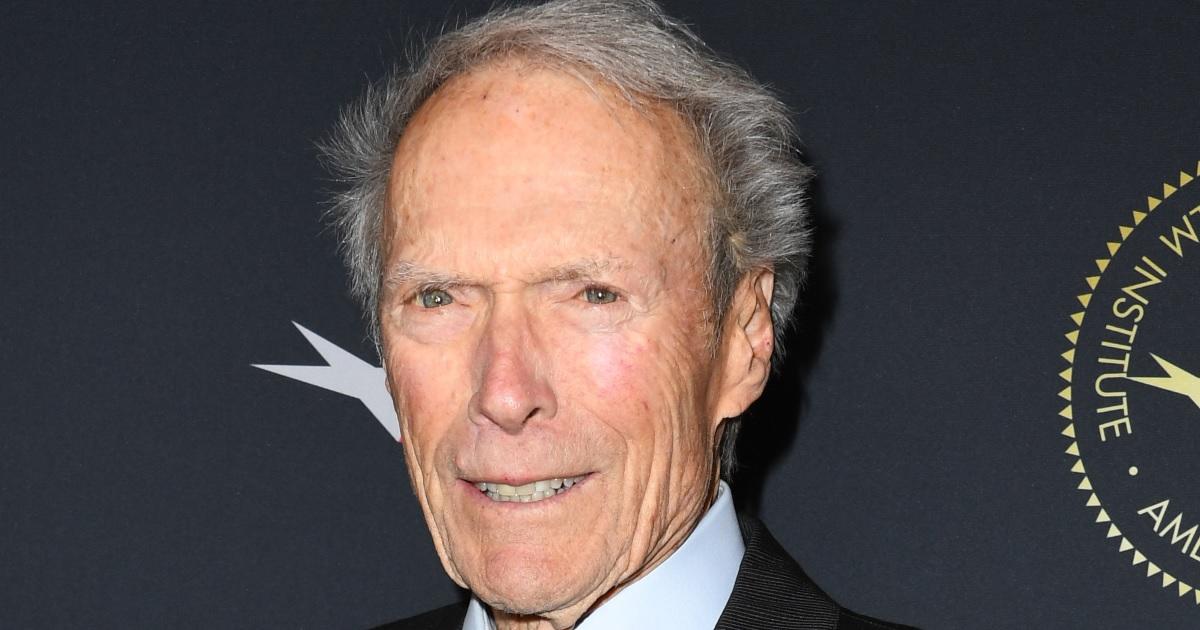Who Is Steve McQueen Trying to Be?
At a recent preview screening in Toronto of Steve McQueen’s new movie, Blitz—a historical drama about a mother and son (played by Saoirse Ronan and Elliott Heffernan, respectively) who become separated during the German shelling of London in 1940—an audience member asked the filmmaker why he’d opted to provide a film so steeped in bleakness with a (relatively) happy ending. After a quizzical pause, McQueen—who tends to be hyper-ruminative when it comes to explaining his work—replied by saying that he didn’t think Blitz had a happy ending at all.
“It’s a wish,” said McQueen of his film’s finale, a poetic phrase that speaks to the tone of plangent and universal yearning threaded through Blitz’s various CGI-assisted action set pieces. It’s a phrase that also speaks, perhaps unconsciously, to the anxieties of an avant-garde artist perennially edging his way toward wider acceptance and wrestling with what it means to get there. For filmmakers of McQueen’s stature, it’s sometimes important to be careful what they wish for—lest they get it.
Citing a desire to “obliterate the frame,” McQueen emerged from the London art scene—and New York’s Tisch School—in the early 1990s with a series of striking short films that split the difference between tactility and abstraction. Bear depicts a wrestling match between two naked, well-muscled men, one of whom is played by the director himself; their tussle suggests an allegorical link between alpha-male aggression and tender homoeroticism, as well as a wary dance between artist and muse. McQueen continued the idea of the filmmaker as a sort of symbolic stuntman in 1997’s Deadpan, which restaged a famously death-defying sight gag from Buster Keaton’s silent-era masterpiece Steamboat Bill, Jr. Standing stock-still and sullen in homage to the Great Stone Face, McQueen occupies the center of the frame while the facade of a house comes crashing down around him. It’s a slapstick money shot that deconstructs multiple layers of meaning about film history and directorial craftsmanship; by nodding to Keaton—a pioneering genius of the medium who occasionally appeared in blackface—McQueen slyly alluded to questions about race and authorship while (literally and figuratively) putting himself in harm’s way.
In 1999, McQueen won Britain’s prestigious Turner Prize, a citation reserved for innovative and vanguard artists; a decade later, he made his feature-film debut with Hunger, starring Michael Fassbender as Bobby Sands, the IRA freedom fighte who starved himself to death in the HM Prison Maze in Northern Ireland in 1981. Shot in a glancing, lyrical style that eschews narrative exposition in favor of visceral synecdoches—bloodied hands being washed in a sink, insects scrambling across a windowsill, excrement being smeared concentrically on cellblock walls—Hunger is a tone poem about the physical and psychic wreckage of incarceration, with Fassbender contributing a gestural tour de force. Everything you need to know about his character’s commitment to his cause is conveyed through body language. The more that Bobby Sands’s torso recedes and collapses in front of McQueen’s static, unblinking camera, the more potent he becomes; if anything, the mid-film dialogue between Bobby and a visiting priest, shot ostentatiously and effectively in a 17-minute take, is redundant within the film’s impressionistic conception.
The formal brilliance of Hunger is undeniable, but a case can be made that McQueen was aestheticizing his material to an extreme—and maybe to a fault. That goes double for his follow-up, Shame, which once again used Fassbender as an avatar of mortification, this time as a fictional character in thrall to a very different cause. Our antihero, Brandon, is a Manhattan master-of-the-universe type, à la Patrick Bateman, whose all-American psychosis manifests as compulsive satyriasis; he’s addicted to sex and takes no pleasure as he hunts down anonymous partners and ejaculates all over the sleek signifiers of conspicuous consumption strewn across his bachelor pad. Where Hunger’s show-off technique was carefully—and effectively—placed in historical context, Shame attempts to diagnose millennial malaise: The masochism is laid on so thick that it could almost be a parody of a certain kind of sterile art cinema. The film feels like the work of a virtuoso trying to live up to his own pedigree; between the methodically achieved sterility of the compositions and the brutalism of the production design, it’s clear that Brandon isn’t the only guy trying to jerk himself off.
For many critics—and a majority of the Academy, who voted it as 2014’s Best Picture—12 Years a Slave represented a significant improvement, yet it’s also a fitting complement to Hunger, with its focus on an American narrative of imprisonment and resistance. I’ve gone on the record elsewhere about my reservations for a film whose most powerful moments exemplify its maker’s peculiar and paradoxical form of showmanship, with its mix of atrocity and austerity; McQueen’s exaggerated stylization of Michael Fassbender’s petty tyrant plantation owner, Edwin Epps, who takes center stage after purchasing Chiwetel Ejiofor’s Solomon Northup, is telling. Here, Fassbender’s acting becomes a liability, especially in contrast to Ejiofor’s thoughtful understatement: He makes Epps into a cringeworthy caricature whose presence says less about long-standing systems of violence and oppression than McQueen’s berserk sense of dramaturgy.
I’ve also already written about Widows, the twisty, Gillian Flynn–written heist thriller that rerouted McQueen’s trajectory definitively toward multiplex entertainment. At its best, the film is primo prestige pulp adorned with a series of gorgeous visual flourishes, like a wonderfully choreographed shot that traces the economic topography and racial hierarchy of an entire Chicago neighborhood while staying glued to the windshield of a moving car. Rather than turning social consciousness or subversion into escapism, McQueen tries—with mixed but real success—to integrate them on a molecular level. Widows is the rare contemporary caper movie where it feels like something is at stake beyond the vanities of its A-list cast members.
McQueen’s best directorial work to date is probably the 2020 BBC anthology Small Axe, which includes five discrete features centered on West Indian immigrants in late-20th-century London. The standout, Mangrove, about the 1971 trial of the so-called Mangrove Nine, who bravely protested a series of police raids on a well-loved Caribbean restaurant in Notting Hill, plays like a spiritual sequel to Hunger, except that it explicitly zooms out to analyze larger currents of prejudice. The equally superlative Lovers Rock, meanwhile, rebuts Shame’s equation of guilt and pleasure by immersing the viewer in a raucous, pay-at-the-door house party whose participants are boosted by pheromones, booze, and an intoxicating notion of community. McQueen’s gift for claustrophobia is reworked to convey an exquisite intimacy; the movie is beautifully constructed, directed, and edited yet comes off as an effortless, giddy, galvanizing rush of good vibes.
If the overwhelming sense one gets from Lovers Rock is of an artist in his sweet spot, Blitz feels like he’s pushing against his limits. In broad outline, the film is a story of separation that transposes a series of picaresque, Dickensian tropes onto a World War II narrative. In bleeding together the 19th and 20th centuries, McQueen is clearly trying to say something about the representation of British history and also about his responsibilities as a filmmaker in the present tense. In an interview with The Globe and Mail, the director affirmed that the film’s nightmarish images of a civilian population under fire are not supposed to be self-contained; while he didn’t cite Gaza himself, he deferred graciously to his interlocutor’s opinion on the matter. “[The film is] about the normal, ordinary people who are on the ground, similar to what we’re seeing right now,” said McQueen. “The leaders are the ones who made the decisions. Us normal people are the ones who have to deal with the consequences of that.”
“The pain of parting is nothing compared to the joy of meeting again,” wrote Dickens in Nicholas Nickleby. Blitz’s plotline is energized by that same crystalline yearning. The all-consuming guilt felt by munitions worker Rita (Ronan) after sending 9-year-old Georgie (Heffernan) to the countryside—along with half a million other children as part of a citywide child evacuation plan—is matched by the boy’s white-hot determination to make his way back to her. Impulsively, Georgie flees his new guardians and hops on a train back to the city; his journey gives McQueen a chance to revise the era’s social narratives and iconography—and the way most movies about the Blitz barely pay even stiff upper lip service to the role of non-white characters. Wandering through London on the lam from the authorities, Georgie is doubly vulnerable as a multiracial child. In McQueen’s skeptical vision, the process of keeping calm and carrying on means propping up a status quo stratified by racism.
Telling a familiar story from an unfamiliar perspective is a viable idea, and there are moments in Blitz when McQueen uses a child’s point of view smartly, like a nighttime interlude in the Islington Empire arcade in which Georgie encounters dioramas of Black people being subjugated and exploited, avatars that feed into his sense of alienation. Ever the dialectician, McQueen counters these retrograde images with the arrival of a saintly Nigerian air raid warden who takes on a protective role for Georgie and, ideally, illuminates Georgie’s understanding of his own Blackness. As played by the musician Benjamin Clementine, Ife—whose name, we are told, is Nigerian for “love”—is a welcome presence; he’s based on a real-life figure, which makes his mechanical treatment at the hands of the filmmakers that much more frustrating. Despite Clementine’s lovely performance, the character comes off as a simple prop to occupy the movie’s time and to score a rhetorical point.
There’s a way to successfully dramatize the ambient anxieties and survival instincts of wartime and even turn them into rollicking entertainment, as in Paul Verhoeven’s brilliant Black Book. Unfortunately, the movie that Blitz recalls most is Sam Mendes’s 1917, which is not a compliment. McQueen is a considerably better filmmaker than Sam Mendes, but their weaknesses are strangely simpatico, including a need to amp the intensity of every episode in a way that kills the actual tone. Blitz’s screenplay has been scrupulously researched so that nearly everything we see has a factual basis, including the scenes featuring the short-statured socialist firebrand Mickey “The Midget” Davies (finely played Leigh Gill) and a grotesque showstopper in which a club full of dead aristocrats—killed instantly from shock in a bomb blast—are stripped of their belongings and puppeteered postmortem by a group of pickpockets straight out of Oliver Twist (or Les Miz). Unfortunately, McQueen’s approach transforms lively, stranger-than-fiction anecdotes into a string of clichés. The director’s epic 2023 documentary Occupied City, which juxtaposes modern-day footage of Amsterdam with a voice-over describing what happened in those same spaces during Nazi occupation, does considerably more to bring the audience inside the horror of life during wartime. McQueen is better off using spectacle as a structuring absence instead of trying to outdo Spielberg at his own game.
To return to the question of Blitz’s ending: McQueen prefigures his coda with black-and-white images of a field of daisies sourced from the work of the great surrealist artist Man Ray, specifically his 1926 experimental short Emak Bakia. Their inclusion complicates the conventionality of the film’s language, but only to a point; it’s just as easy to see McQueen’s nod to Man Ray as a kind of artistic get-out-of-jail-free card, dealt to keep his film from being pigeonholed as the luxuriously subsidized awards season contender it frequently plays like. The emotions that flow forth at the close of Blitz are real. “We need never be ashamed of our tears,” wrote Dickens in Great Expectations. Still, McQueen’s shameless campaign on our collective nasolacrimal ducts bears scrutiny. Blitz knows what it’s doing and why, but its compromises may be more self-deceiving than subversive. Cloaking himself more heavily than ever in populist hand-me-downs, McQueen gets swallowed up by his own brilliant disguise.







